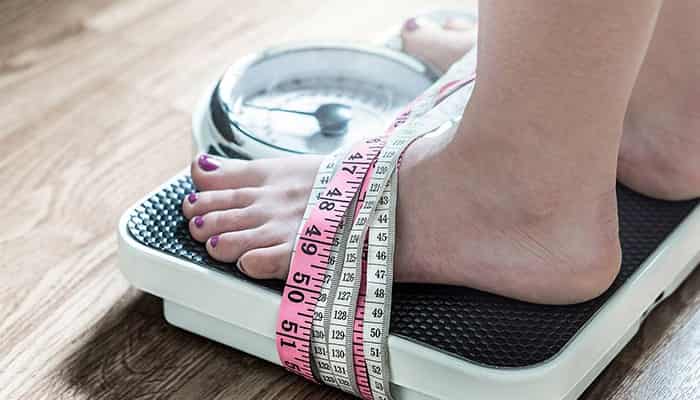Why is weight tracking important?
Once you find out that you’re pregnant, you start to measure every little thing. How much weight have you put on? How many calories are you eating? Is what I’m eating affecting the baby? All these questions pop up in your mind. You can discuss every detail with your OBYGN or even a dietitian, but one thing is important that you have to track your weight during the entire gestation period. Being underweight or overweight can give an indicator of what problems your children might develop and prepare for them in advance.
What my weight should be?
The average weight you should gain depends a little on where you stand on the BMI scale before you found out that you are pregnant. For an average weight woman, she should gain about 25 to 35 pounds till the end of the trimesters. For an underweight woman, she should gain a little more. For overweight women, an increase of about 15 to 25 pounds is sufficient. If twins are expected, you should gain about 35 to 45 pounds. Increase your weight by 2-4 pounds in the first trimester and after that gaining 1 pound every other week.
How many calories should I eat?
An average woman eats about 2000 calories to maintain her body weight. People assume that you have to eat way more than this, but that is wrong. When pregnant, you should only increase your calories by adding 300 more. It’s different for twins. For twins in pregnancy, you should eat around 3500 calories per day.
How to gain or lose weight during pregnancy?
It is not recommended that you try to lose or have a diet during pregnancy. If your doctor asks you to lose weight, here are some tips
- Don’t eat too much sugar
- Reduce your salt intake
- Reduce the use of salad dressings and condiments
- Don’t drink whole milk and replace them with skim milk
- Don’t eat deep-fried foods and cut off on fats
If you want to gain weight, here are some tips to help you
- Try to increase your number of meals
- Have side dishes with your main course.
- Have some snacks like nuts or fruits on hand wherever you are
- Eat a bit more fat by adding butter, cheese, cream, etc

